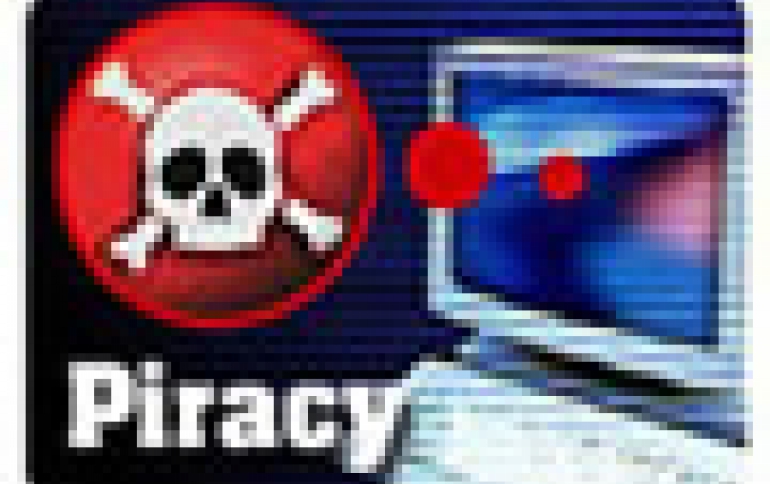
BSA wants piracy made a crime
The Business Software Alliance (BSA) wants software piracy made a crime and it wants to place the burden of proof on the alleged offender.
This would mean computer users accused of illegally copying programs would have to prove their innocence. Under South African law, the accuser normally needs to prove an accused's guilt.
The proposals are but two of the amendments the BSA lobby group and its lawyers Bowman Gilfillan want to see to the Copyright Act, which they say is archaic and outdated and has enabled software piracy to flourish.
According to ICT lawyer Lance Michalson, software piracy per se is not yet a crime in SA. Under the current law, it is an offence to knowingly infringe a copyright, but since many who do so do not know that they have, the intent required to convict them is lacking.
The BSA says 36% of software on South African computers is pirated, representing over R950 million in lost revenue. Although the figure is a slight improvement on the 38% figure given by the BSA in 2003, the lobby group says if changes are made to the law, the economy would be boosted significantly, the treasury would take in millions more in tax revenue and thousands of jobs would be created.
Other suggested amendments allow for the search and seizure of premises, on reasonable grounds, to provide evidence of illegal copying; and suitable monetary penalties for piracy, such as civil damages of R10 000 per illegal copy. Globally, the BSA includes software giants Adobe, Autodesk, Avid Technology, Bentley, Microsoft, Symantec and UGS. In SA, Corel and Softline are also members.
BSA vice-chairman Quentin Boshoff says Bowman Gilfillan wrote to minister of trade and industry Mandisi Mpahlwa long ago to press for his urgent intervention. The response was not good, he said yesterday. Mpahlwa's office referred the BSA to the Companies and Intellectual Property Registration Office (Cipro), a Department of Trade and Industries satellite agency, which set up a meeting in June last year to address industry concerns and get all interested parties together.
Since then not much has happened on this front, Boshoff adds, hence a press statement this week publicly calling on Mpahlwa to turn amendments to the Act, now eight years in the making, into law.
The proposals are but two of the amendments the BSA lobby group and its lawyers Bowman Gilfillan want to see to the Copyright Act, which they say is archaic and outdated and has enabled software piracy to flourish.
According to ICT lawyer Lance Michalson, software piracy per se is not yet a crime in SA. Under the current law, it is an offence to knowingly infringe a copyright, but since many who do so do not know that they have, the intent required to convict them is lacking.
The BSA says 36% of software on South African computers is pirated, representing over R950 million in lost revenue. Although the figure is a slight improvement on the 38% figure given by the BSA in 2003, the lobby group says if changes are made to the law, the economy would be boosted significantly, the treasury would take in millions more in tax revenue and thousands of jobs would be created.
Other suggested amendments allow for the search and seizure of premises, on reasonable grounds, to provide evidence of illegal copying; and suitable monetary penalties for piracy, such as civil damages of R10 000 per illegal copy. Globally, the BSA includes software giants Adobe, Autodesk, Avid Technology, Bentley, Microsoft, Symantec and UGS. In SA, Corel and Softline are also members.
BSA vice-chairman Quentin Boshoff says Bowman Gilfillan wrote to minister of trade and industry Mandisi Mpahlwa long ago to press for his urgent intervention. The response was not good, he said yesterday. Mpahlwa's office referred the BSA to the Companies and Intellectual Property Registration Office (Cipro), a Department of Trade and Industries satellite agency, which set up a meeting in June last year to address industry concerns and get all interested parties together.
Since then not much has happened on this front, Boshoff adds, hence a press statement this week publicly calling on Mpahlwa to turn amendments to the Act, now eight years in the making, into law.





















